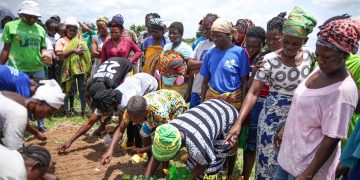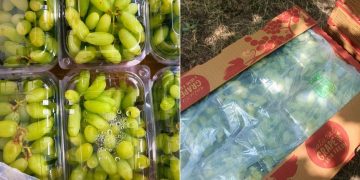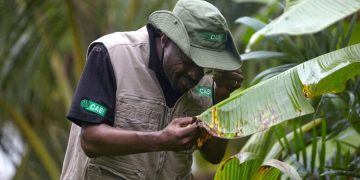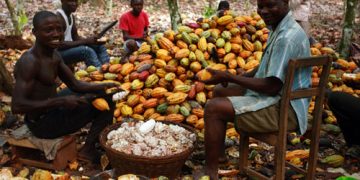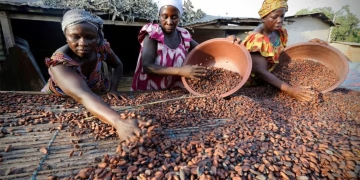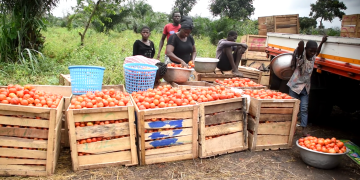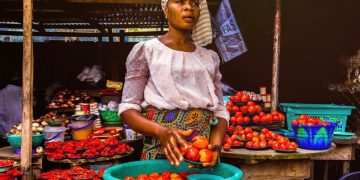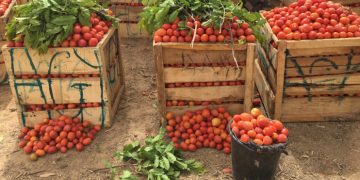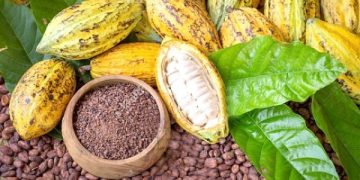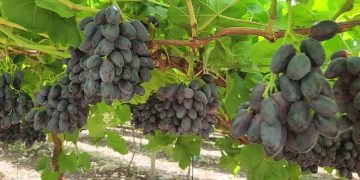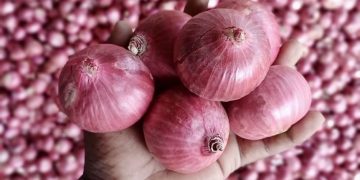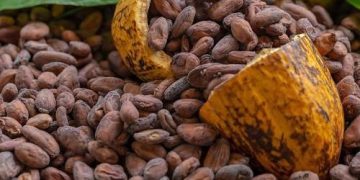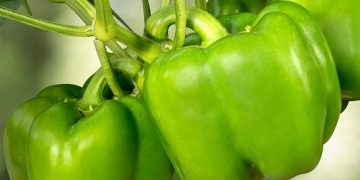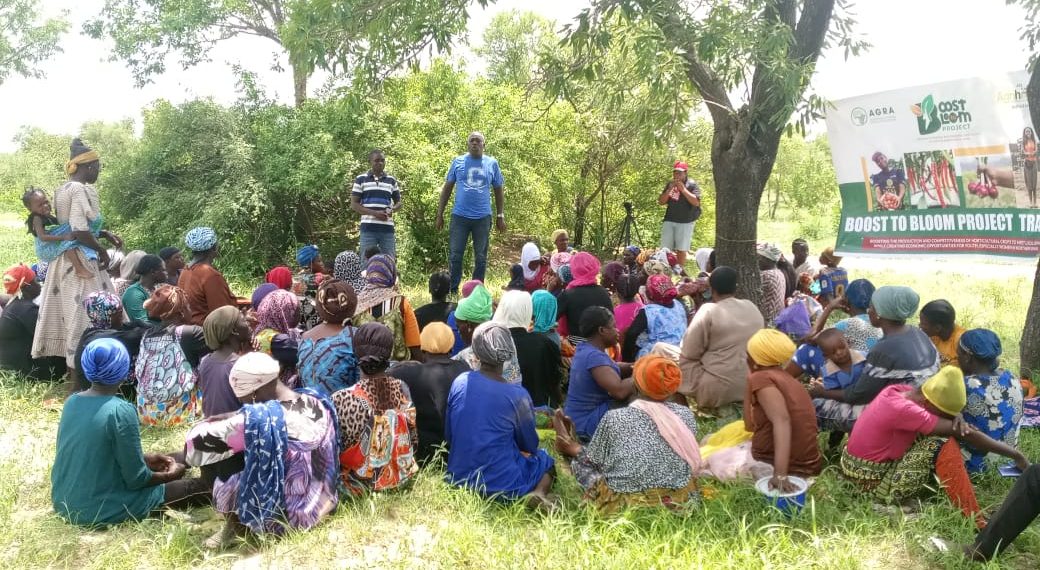Agrihouse Foundation has advanced its flagship Boost-to-Bloom initiative with a robust, hands-on training in chilli pepper cultivation for more than 100 women in Yapei, Savannah Region further cementing its mission to foster inclusive, women-led agribusiness ecosystems across Northern Ghana.
The Yapei training, led by seasoned agronomist Aaron Amartey, forms part of the project’s second leg, following a successful launch in Lingbinsi and preparatory orientation and land mobilisation in Busunu and Yapei. Participants were taken through every stage of chilli production from land preparation, nursery management, transplanting and pest control, to harvesting, post-harvest handling, and value addition.
Delivered through live demonstrations on a community farm, the training incorporated climate-resilient practices, including integrated pest management and basic organic techniques tailored to the ecological conditions of the Savannah Region. This practical approach ensured that women could immediately translate knowledge into action.
The beneficiaries now organised under the growing “Bloomers” cooperative model—are expected to transition smoothly into active cultivation with continued mentorship and field support. The cooperative model serves as a foundational strategy for long-term sustainability, encouraging collective growth, peer accountability, and access to group-based resources and markets.
Beyond agronomy, the Yapei phase integrated market readiness training, introducing participants to essential business skills such as aggregation, storage, and meeting buyer specifications. As part of its broader market inclusion strategy, Agrihouse and its partners have committed to acting as offtakers guaranteeing the women a reliable market for their chilli produce.
“This is not just about growing chilli it’s about growing livelihoods,” said Executive Director of Agrihouse Foundation, Alberta Nana Akyaa Akosa. “Boost-to-Bloom is laying the foundation for agribusiness leadership, especially among rural women and youth. We are building a movement grounded in confidence, cooperation, and sustainability.”
Participants received starter input packages comprising chilli seeds, bloom organic fertilisers, and cutlasses further reducing barriers to immediate implementation.
The training closed with a certificate presentation, where the women expressed deep appreciation for the initiative, describing it as a turning point in their lives and an opportunity to build resilient, income-generating agricultural enterprises.
As Ghana intensifies efforts to address youth unemployment and food system vulnerability, initiatives like Boost-to-Bloom are becoming vital interventions.
By embedding entrepreneurial training and market access from the outset, this initiative is positioning rural youth to thrive in competitive value chains.
By aligning with the government’s Feed Ghana Strategy, the project contributes directly to enhancing agricultural productivity, promoting value addition, and generating decent employment for rural populations. The chilli, tomato, and onion value chains serve as springboards for this transformation, with Northern Ghana at its core.
Yapei’s success adds momentum to a growing movement—one that is transforming passion into productivity and equipping women to bloom where they are planted.

